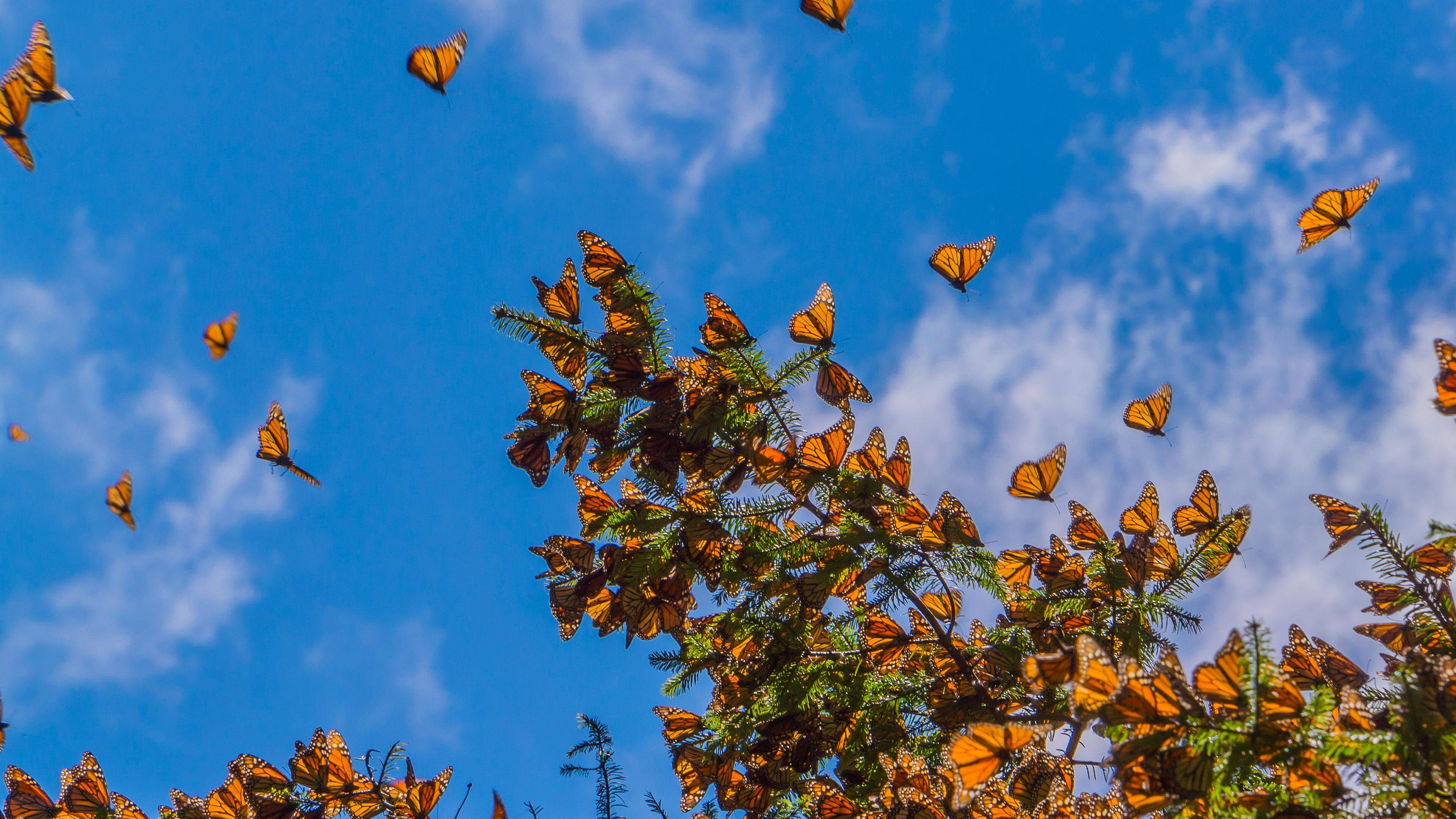Volunteers are the extra eyes and hands for science
/s3/static.nrc.nl/images/gn4/stripped/data131844191-7781f3.jpg)
More than ten years ago she started as a volunteer at the local animal ambulance and bird shelter, now she is temporarily working as a senior caregiver. When she stepped in, she studied biology at Leiden University. In 2020 she started her PhD research and now Liselotte Rambonnet has submitted her dissertation.
She is a biologist, but is a PhD in science communication, the field where research is being done into how science and society can become more connected. This is possible, for example, by writing popular-scientific articles or giving lectures as a scientist, but according to Rambonnet it is more than just ‘sending’ from science. Her research focused on civil science, working with volunteers to come to new insights.
« It was an advantage that I was a volunteer myself, » she says. She knew what to take into account. For example, it was better not in the spring for interviews at organizations that take care of wounded, sick and orphaned wild animals. In this period it is very busy at the reception centers, she knew from experience.
Rambonnet takes a seat in the office with her ‘own’ animal ambulance and shelter. They are in a temporary place and have no large aviaries. This means that birds that have almost recovered have to go somewhere else so that they can practice flying. They have a volunteer deficit and depend on donations, says Rambonnet. Other reception centers also have a lack of time and resources. Scientists who want to enter into collaboration must take this into account.
The collaboration has happened so far, while the reception centers do collect a lot of data. The absorption and rehabilitation of animals has their priority, but they are legally obliged to keep information about the animals brought in. The data may offer insights why wild animals get into trouble or how diseases spread among animals.
Clean rivers
Rambonnet knew that she wanted to do ‘something’ with the Dutch wild shelter centers in her PhD research. Earlier she did research into the volunteers of the Schone Rivers research project. Twice a year, more than 1,100 volunteers collect waste that remains along large rivers such as De Maas and De Waal.
For most volunteers, it is paramount that they can contribute to solving the plastic pollution, but it also produces science something. Scientists never succeed in collecting so much data. « All those extra eyes and hands are very valuable, » says Rambonnet.
Although most volunteers are not a scientist, they were predominantly trained at the university or HBO in this case. Volunteers at Wildopvangcentra are more a reflection of society. « You ideally involve people with various backgrounds and training levels. »
Her PhD research started a week before the Pandemie struck. « You saw the corona measures in the water. » Protection materials, such as mouth caps, formed the new waste.
She also came across it with her own volunteer initiative De Grachtwacht. Every weekend volunteers on the Leiden canals can be removed to get waste from it and to investigate it.
During the pandemic they found a disposable glove where a small perch in cummered And died. They took a picture of it that was picked up worldwide and so attention was paid to the dangers of plastic pollution for animals. « We are often the reason that animals get into trouble, for example because of the waste we leave behind. »
She then went looking for similar images on social media of entangled animals. She regards observations that people share online as ‘passive civil sciences’ and she also incorporated this in her PhD research.
Mouthpiece for the wild shelter centers
Volunteer organizations are not always heard by policy makers and the knowledge of volunteers is often underestimated. Already at a young age the rambon network stood out – when she became active in the youth bird watch in Goutum, Frisian, where she grew up. Together with other children, she protected an island with meadow birds. The island threatened to have to make way for the expansion of Leeuwarden.
The children competed against the decision together with adult volunteers. The island was saved. Nevertheless, Rambonnet still sees that arguments from volunteers are not always listened to. In addition, volunteer organizations such as wild shelter centers often have no time and manpower to lobby. She has therefore become a member of a mouthpiece for the wild shelter and animal ambulances in the Netherlands. They call themselves the speaking buzzards. They want to put various problems on the agenda with the government, such as the need for protective resources for volunteers who take care of sick animals – a risk with, for example, bird flu.
After her promotion, she hopes to be able to set up new scientific research into wild animals in need. « By preventing animals from getting into need, we can lower the pressure on wild shelter centers. » She concludes that volunteer organizations are open to collaboration with scientists, but there must be sufficient eye for the needs of volunteers and the challenges they have to deal with. Feedback to the volunteers about what scientists do with the collected data is also important. « That ensures trust. »

:format(jpeg):fill(f8f8f8,true)/s3/static.nrc.nl/bvhw/wp-content/blogs.dir/114/files/2019/01/graaf-beatrice-de-online-homepage.png)
/s3/static.nrc.nl/images/gn4/stripped/data131664610-74d6d6.jpg|https://images.nrc.nl/bF-xPJ-_K9aQdWpYflqhmLm3bmg=/1920x/filters:no_upscale()/s3/static.nrc.nl/images/gn4/stripped/data131664610-74d6d6.jpg|https://images.nrc.nl/wSnqDTiOU4Zjc9Vj4cRk9qxRfJk=/5760x/filters:no_upscale()/s3/static.nrc.nl/images/gn4/stripped/data131664610-74d6d6.jpg)
:format(jpeg):fill(f8f8f8,true)/s3/static.nrc.nl/taxonomy/9622f8f-Zo%2520simpel%2520is%2520het%2520niet_Nieuwsbrief_16x9.png)


